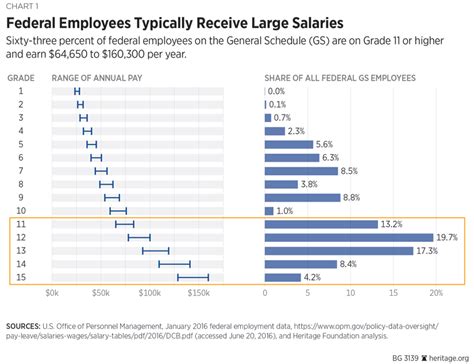Demystifying Pay Grades: How They Affect Employees

Pay grades are a critical part of any organization’s compensation strategy. They help to ensure that employees are fairly compensated for their work and that the organization stays competitive in the market. However, pay grades can be confusing for employees, especially if they are new to the organization or are not familiar with the compensation structure. In this article, we will demystify pay grades and explain how they affect employees.
What are Pay Grades?
Pay grades are a way of grouping jobs based on their value to the organization. Typically, jobs are grouped based on their level of responsibility, scope of work, and required skills and qualifications. Each pay grade has a salary range associated with it, which sets the minimum and maximum salary that employees in that pay grade can earn.
How are Pay Grades Determined?
Pay grades are often determined by a job evaluation process, which is designed to assess the relative value of different jobs within the organization. Job evaluation may take into account factors such as the complexity of the job, the level of responsibility, the required skills and qualifications, and the market value of the job.
How do Pay Grades Affect Employees?
Pay grades can have a significant impact on employees. Here are some of the ways that pay grades can affect employees:
- Salary: The most obvious way that pay grades affect employees is through their salary. Employees in higher pay grades typically earn more than those in lower pay grades.
- Promotions: Pay grades can also impact an employee’s ability to be promoted. In many organizations, promotions are tied to pay grades. This means that in order to be promoted to a higher-level position, an employee may need to move into a higher pay grade.
- Job Classification: Pay grades can also impact an employee’s job classification. Jobs that are classified in higher pay grades are typically considered to be more important or more valuable to the organization.
- Retention: Pay grades can also impact an organization’s ability to retain employees. If an employee feels that they are not being fairly compensated for their work, they may be more likely to leave the organization.
As an employee, it’s important to understand how pay grades work and how they may impact your career. Here are some tips for navigating pay grades:
- Do your research: Take the time to understand the pay grades within your organization and how they are determined. This can help you to negotiate your salary and make informed decisions about your career.
- Be proactive: If you feel that you are not being fairly compensated for your work, speak up. Talk to your manager or HR representative about your concerns.
- Focus on your skills: Rather than focusing on your pay grade, focus on developing your skills and qualifications. This can help you to move up within the organization and earn a higher salary.
FAQs
What is the difference between a pay grade and a salary range?
A pay grade is a way of grouping jobs based on their value to the organization, while a salary range is the minimum and maximum salary that employees in a particular pay grade can earn.
How often do pay grades change?
Pay grades may change periodically based on changes in the organization’s compensation strategy or market conditions.
Can an employee be in a higher pay grade than their manager?
It is possible for an employee to be in a higher pay grade than their manager, especially if the employee has more experience or a higher level of education.
Are pay grades the same across all organizations?
No, pay grades can vary significantly across different organizations and industries.
What should I do if I feel that I am not being fairly compensated for my work?
If you feel that you are not being fairly compensated for your work, talk to your manager or HR representative about your concerns. They may be able to provide you with more information about your pay grade and salary range, or work with you to address any issues.
Conclusion
Pay grades are an important part of any organization’s compensation strategy. As an employee, it’s important to understand how pay grades work and how they may impact your career. By doing your research, being proactive, and focusing on your skills, you can navigate pay grades and ensure that you are fairly compensated for your work.

